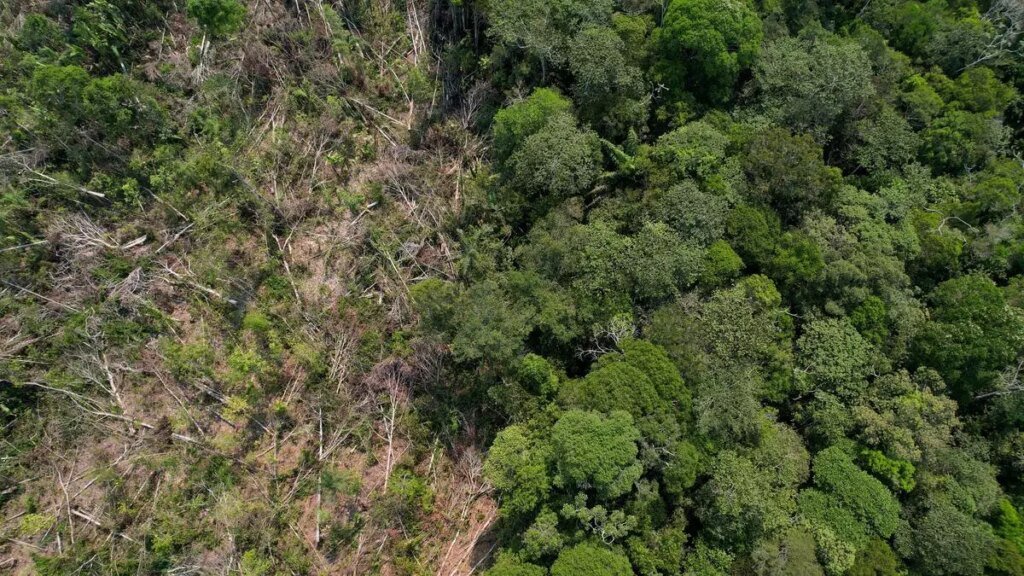Editorial. Green games – The Hindu BusinessLine

In a major relief to farm, livestock and forest produce exporters such as India, Brazil, China, Malaysia, Indonesia and others, the European Commission, on Wednesday, decided to defer its implementation of its European Union Deforestation Regulations (EUDR) by a year. Under these rules, export of bovine meat, leather, palm oil, coffee, cocoa, soyabean, paper, paperboard, oilcake, wood and its products should not have led to deforestation of land after December 31, 2020.
Now, EU’s large importers, along with their supply chain partners across the rest of the world, should have systems in place by the end of 2025 (against end of this calendar year) to establish this sort of traceability to the last mile; its small and micro-units have got six months more to get there. The onus is on producers of coffee, oilcake, leather, paper and wood in India, cattle in Brazil, soya in Argentina, and palm oil in Malaysia to prove that their product has not denuded forest cover after 2020. Proving this sort of last-mile traceability can be absurdly difficult and expensive, even in the age of blockchain and QR codes and so on, besides raising security concerns that arise out of geographical mapping. This, like the Carbon Border Adjustment Mechanism, will act as a non-tariff barrier that will benefit the EU’s livestock and primary sector — just as CBAM will protect EU’s high cost industry. In fact, climate justice demands that the EU foot the bill for technology transition or reforestation. The EU seeks to project itself as the rule-maker of the world’s environment, while also grandstanding on human rights and labour standards and weaving such non-trade issues into its supply chain management.
In the process, India stands to lose. According to an estimate by the Global Trade Research Initiative, the risk to India’s exports of coffee ($435 million in CY2022), leather ($83.5 million), oilcake ($174.5 million), wood furniture ($334.6 million) and paper ($250.2 million) to the EU is high. India is vulnerable because the EU accounts for 23 per cent of India’s exports of products covered under CBAM and EUDR. Along with other developing countries, India must keep up the pressure, forcing the EU to simplify its verification systems and respect national security concerns. It should stop the EU from introducing further products in EUDR. The affected countries can jointly take up the issue at the WTO. Retaliatory tariffs should be considered as a last resort.
However, there can be no escaping the reality of non-trade issues increasingly finding their way into ‘economic’ agreements such as the US-led Indo-Pacific Economic Framework for Prosperity, to which India is a signatory. India must improve traceability norms, as it has done with respect to agri produce such as grapes. Its industrial systems have improved with renewable energy, but the same cannot at all be said of its efforts to protect forest cover. In sum, trade policy has turned more complex than ever, as the West retreats from globalisation as we know it.








